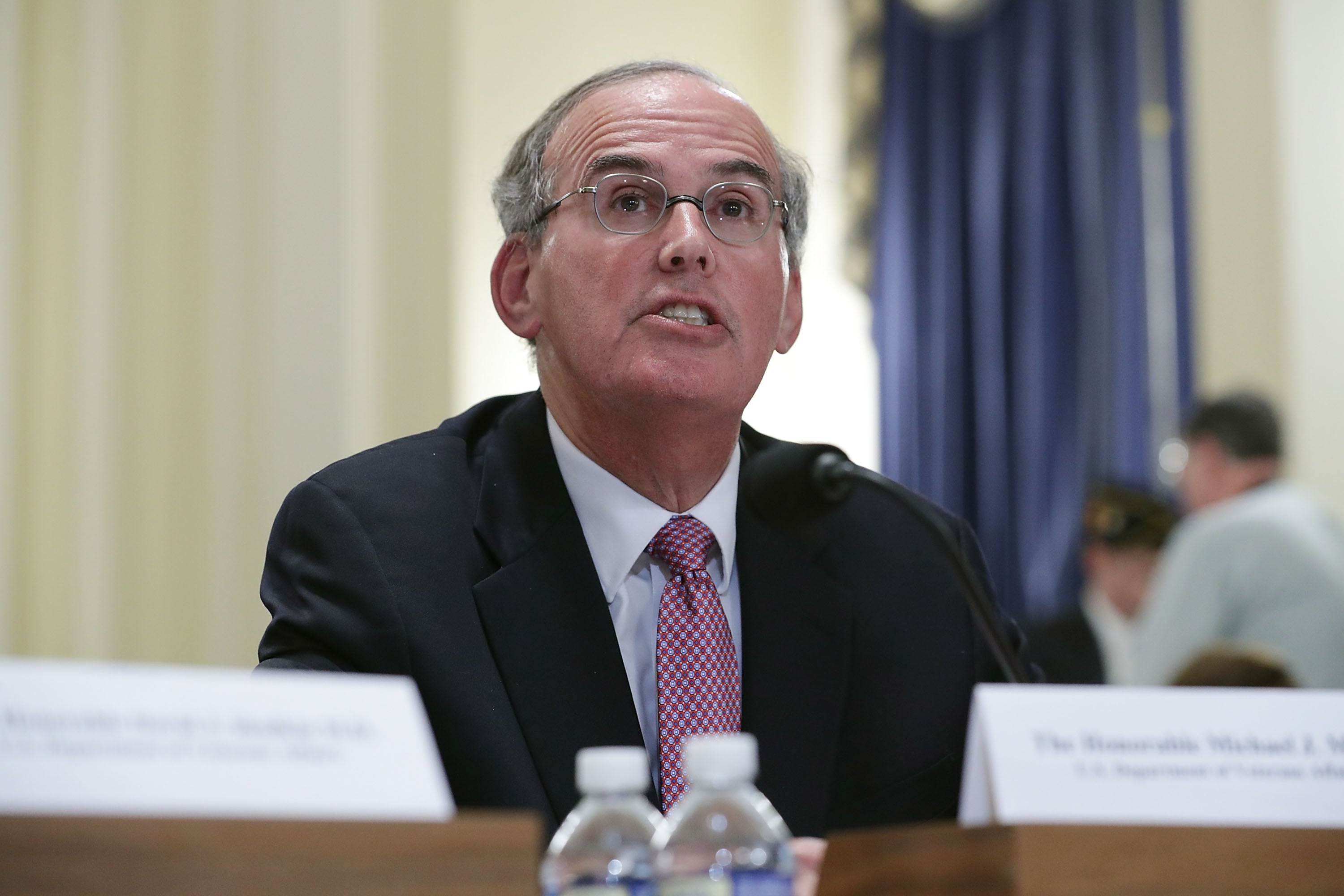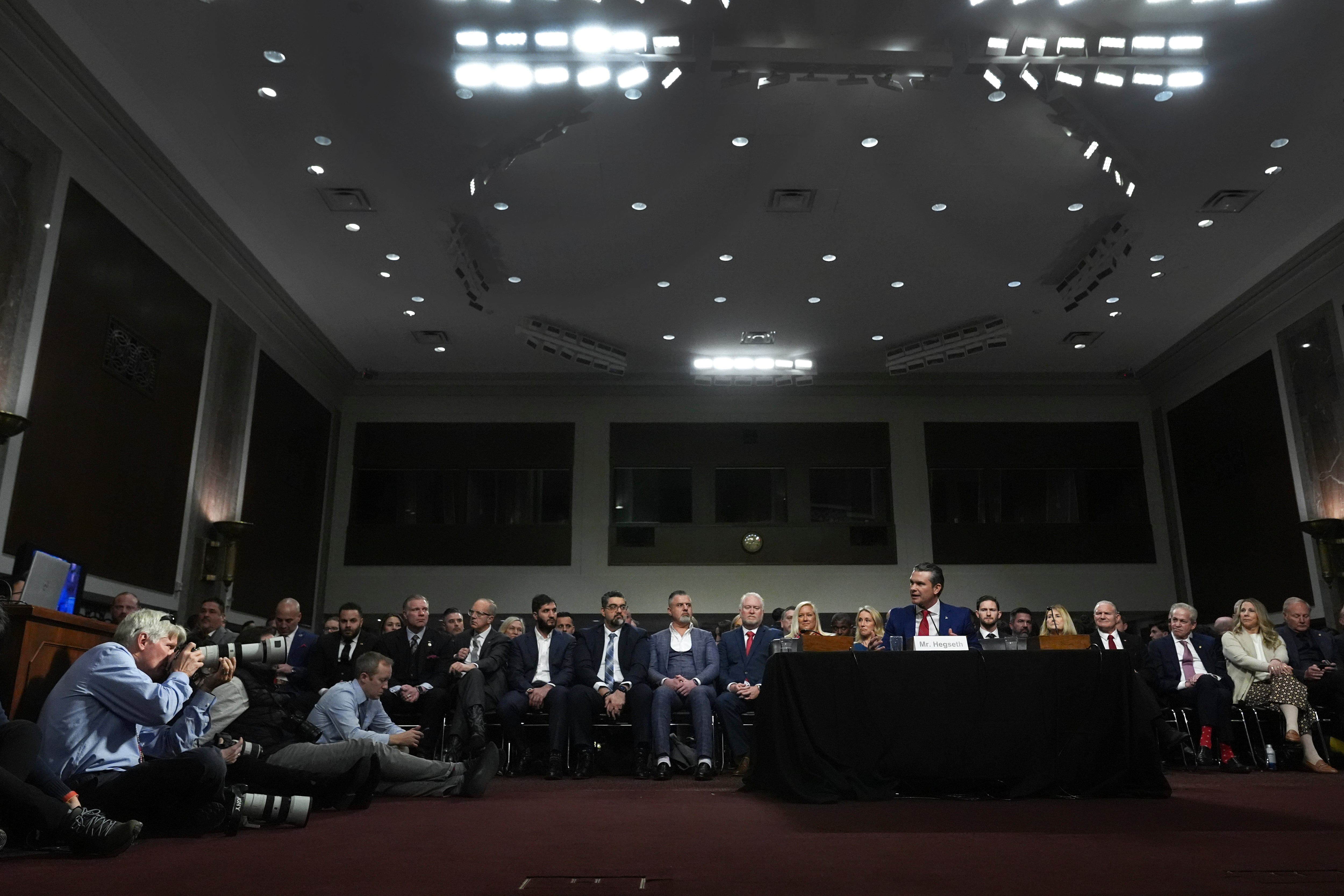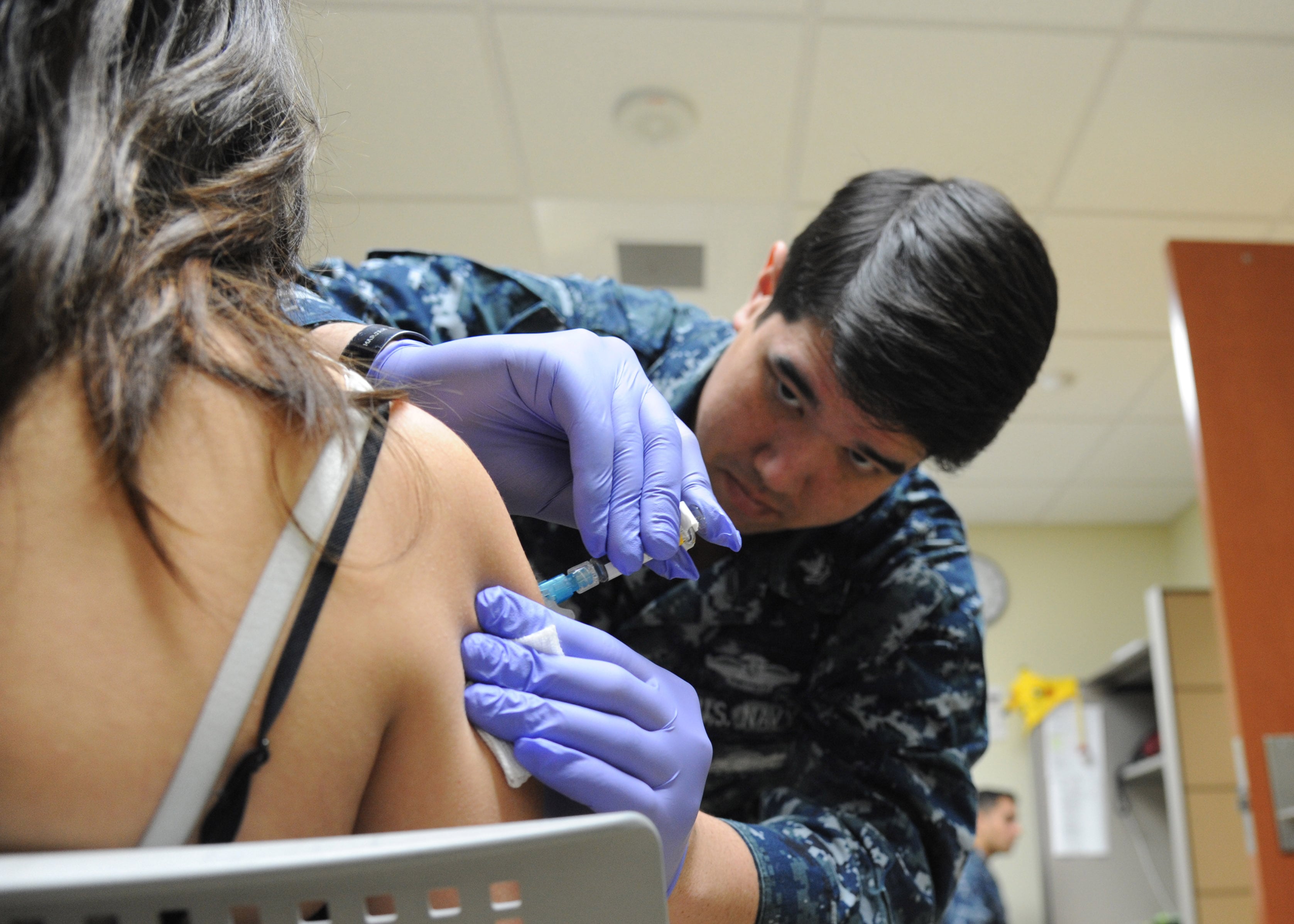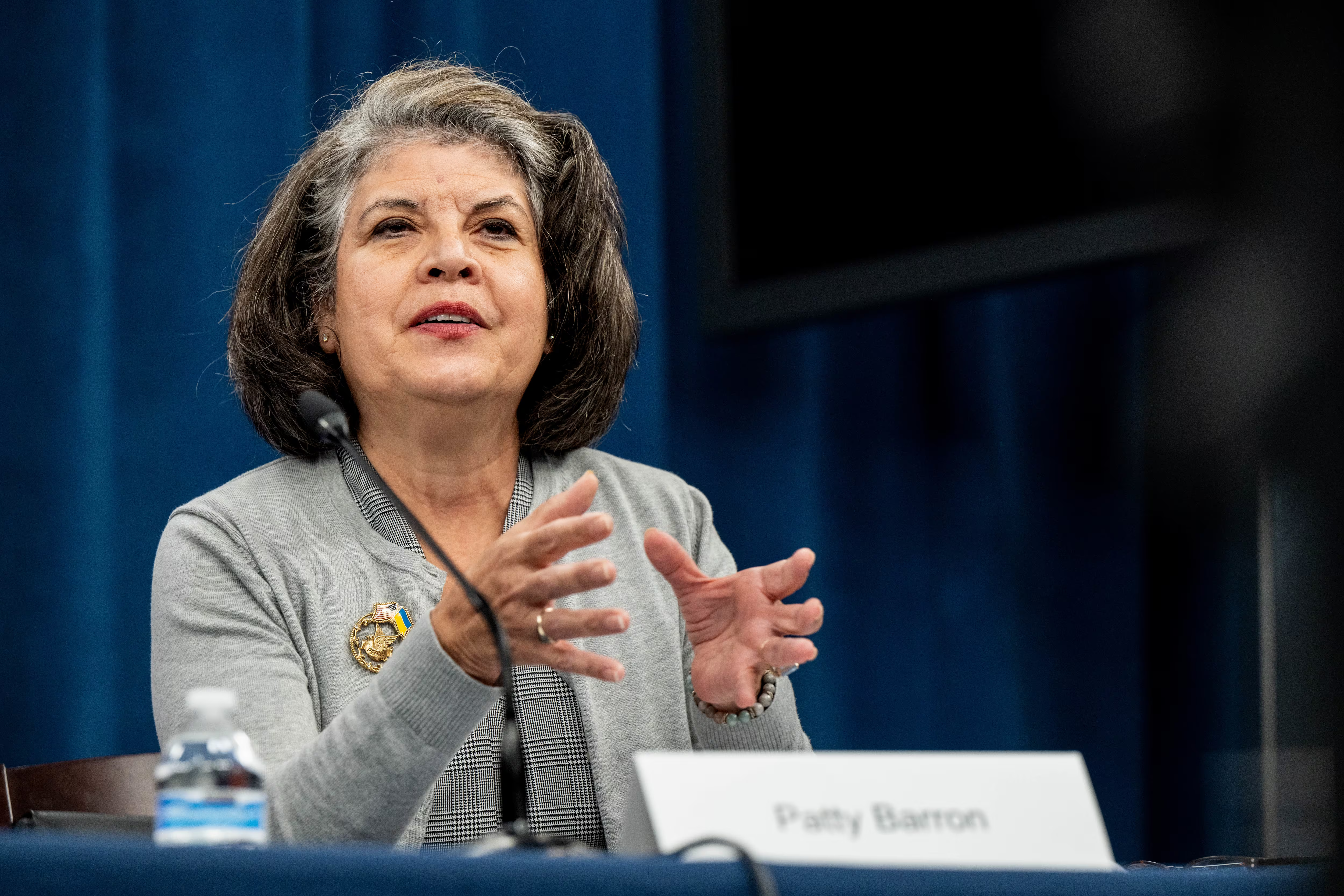President-elect Donald Trump appears determined to end the Ukraine War in the early days of his administration, if not sooner. How he does this may set the tone for much of his administration’s foreign policy. He can sell out an independent democracy that has heroically been fighting for its very existence as a sovereign state by forcing it not only to cede territory, but also to remain neutral and thus risk complete military defeat in the long run. Or Trump can make Russian President Vladimir Putin, as the Godfather might put it, “an offer he can’t refuse.”
Selling out Ukraine by immediately cutting U.S. military aid would be consistent with Trump’s earlier effort last summer to block congressional approval of Ukraine aid for over six months. Trump took that decision in the context of the American election so that he would be seen as a peace candidate seeking to end a “forever war.”
But Trump has also criticized President Biden’s flawed withdrawal from Afghanistan, and abandoning Ukraine would lead to much worse consequences: upending the international order that we and our allies have relied upon since World War II; emboldening Putin to go after other former Soviet neighbors; and encouraging Xi Jinping to settle the Taiwan issue by force.
Geopolitics aside, Trump does not want to be seen by the world as a loser. That would hurt his image and complicate his ability to conduct his own foreign policy for the next four years.
So Trump should be working with the Ukrainians and U.S. allies to come up with another formula to end this war, one that the Godfather might approve of.
Retired Lt. Gen. Keith Kellogg, Trump’s nominee for Ukraine/Russia envoy, seems to realize the importance of generating leverage before negotiations begin. In fact, that is precisely the way Trump has always negotiated – from a position of strength. Earlier this month, the new NATO secretary general, Mark Rutte, emphasized to NATO foreign ministers the need to strengthen Kyiv’s negotiating position before discussing the specific details of a ceasefire or peace deal.
After a decade of war, both sides are tired of fighting and may be more open to a negotiated solution, notwithstanding the lack of evidence that President Putin is ready to negotiate seriously on terms other than Ukraine’s capitulation.
The battlefield situation for Ukraine remained difficult but largely static throughout 2024. While Ukraine achieved some important successes, including its daring seizure of part of Kursk province in August, Russia has been pushing steadily westward in Donbas in recent weeks, albeit at the cost of some 1,500 casualties a day. It has recruited North Korean troops, set its economy on a war footing, and drawn increasingly on Chinese support.
Future negotiations would, at the broadest level, have two parts: territorial issues and security guarantees for Ukraine. The first may be easier to deal with than the second.
Given the battlefield situation and the likelihood it will remain fairly static in 2025, Ukraine may be willing to agree at least temporarily to continued de facto Russian occupation of some of its sovereign territory, as long as it retained the right to regain the territories diplomatically over the longer term.
Since Ukraine controls part of Kursk, it is in a position to barter with Putin over the details. Ukrainian President Zelensky has suggested a willingness to make some territorial compromises in return for assured long-term security for all unoccupied portions of Ukraine – using something akin to the West German model of NATO membership for non-occupied lands only.
RELATED

Longer-term security guarantees for Ukraine will be critical, but much more difficult to negotiate. Immediate NATO membership with full Article 5 protection would be ideal but is less likely under Trump. Clear bilateral defense and security commitments, much firmer than the failed 1994 Budapest Memorandum, will be needed in the short and medium term, preferably backed up by the deployment of some European forces on Ukrainian soil to deter any renewed Russian aggression. These peacekeepers may need to remain in place for several years, until NATO allies are ready to invite Ukraine to begin membership accession talks.
To get Putin to agree to such terms, Trump should threaten a NATO-wide surge of massive military aid to Ukraine for at least six months to a year if Putin does not acquiesce, to include lifting the caveats on use of U.S.-provided long-range strike systems. A similar surge proved useful in Iraq and could go hand in hand with a surge in sanctions.
Putin has been waiting for Trump’s election to recalculate his position in Ukraine. With a tough negotiating offer along these lines from Trump, there is some chance that Putin would cut his losses and declare victory. That should give Kyiv the added negotiating strength to settle the current war diplomatically, not with a clear victory but at least with a durable ceasefire and restoration of Ukrainian sovereignty over most of its pre-invasion territory .
Trump may be more inclined to consider such a “last chance” proposal if it were accompanied by an offer by the European allies to assume a larger share of NATO’s defense burden – not just in supplying Ukraine but more broadly.
For example, a commitment by European allies to a new transatlantic compact under which they would provide more than 50 percent of the capabilities NATO needs for collective defense, and all the capabilities for non-Article 5 missions, would go a long way toward dispelling Trump’s belief that allies are hopeless slackers. It could be combined with a proposal to raise the NATO defense investment pledge from 2% to at least 3% of GDP.
The time has come for Europe to step up and assume an equal share of the responsibility for European security and defense. This would be the best way to convince Trump to continue to work in concert with U.S. allies by demonstrating that Europe is ready to do its part to secure a just peace for Ukraine and a more equal sharing of the burdens in NATO.
Alexander Vershbow is a distinguished fellow at the Atlantic Council and a senior advisor at the University of Pennsylvania’s Perry World House. He was U.S. ambassador to NATO and Russia, assistant secretary of defense, and NATO deputy secretary general.
Hans Binnendijk is a distinguished fellow at the Atlantic Council. He was NSC senior director for defense policy, vice president of the National Defense University, and legislative director for the Senate Foreign Relations Committee.





